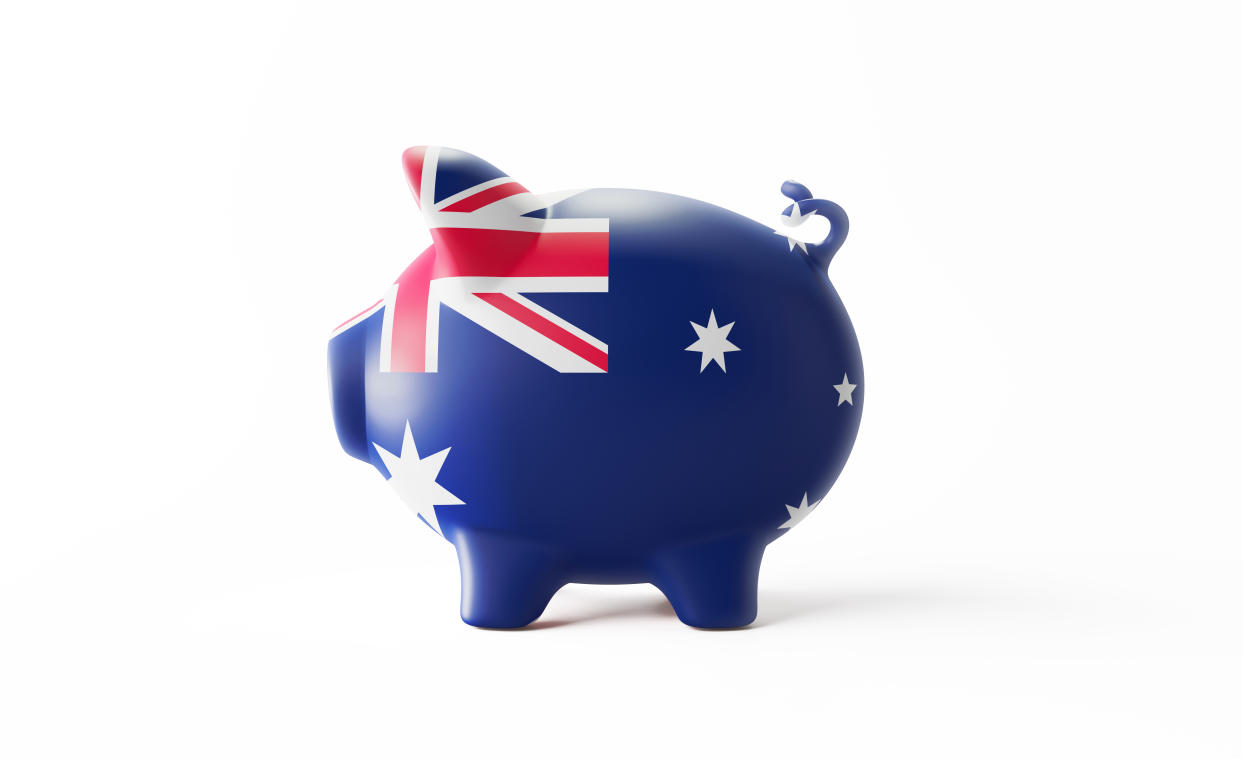$5,000 needed: Bold plan to fix young Aussies' raided super

The Government needs to make one-off contributions of up to $5,000 to low-income earners’ super or risk a surge in retirement poverty, a pre-budget submission has argued.
Also read: This one action can add $66,183 to your super balance
Also read: 'Paid in full': ATO to send 860,000 warning letters
Also read: New law means up to 1.5 million could miss out on JobSeeker
In addition, the $450 superannuation guarantee threshold should be removed and superannuation paid on parental leave, the Australian Institute of Superannuation Trustees (AIST) said on Monday in its pre-budget submission to Government.
Around 2 million Australians have withdrawn their superannuation under the Government’s Covid-19 early release scheme. And among Australians between 25 and 34, one in five withdrew their superannuation, with Australians under 35 collectively withdrawing 4*0 per cent of the total balance withdrawn.
These Australians withdrew on average at least a third of their super balance, while another 15 per cent of that group completely drained their savings.
And women withdrew more super than men, depleting already lower super balances, while Australians who withdrew their super had on average 20 per cent less than their peers who didn’t apply for early access.
All of this will contribute to an estimated $100 billion shortfall in retirement savings, the AIST and Mercer analysis found.
“The early release scheme unfortunately forced many people to choose between poverty now or poverty in retirement,” AIST CEO Eva Scheerlinck said.
“These vulnerable Australians are unlikely to recover from this without targeted policy intervention.”
Scheerlinck said the $100 billion projected savings gap at retirement presents a major challenge for both Australian savers and the retirement system at large.
“Given the difference compound interest makes, a withdrawal made at a younger age has a big impact on retirement balances of this generation,” Scheerlinck said.
“Catching up contributions later in their working life will cost significantly more than the amount withdrawn and will be difficult to achieve for many low-income earners.”
Mercer senior partner Dr David Knox agreed, describing it as “crucial” that Australia understands the long-term consequences of the scheme and builds a plan to address them.
What’s the solution?
AIST said the Government should make a one-off contribution of up to $5,000 to low-income earners’ balances. This payment would be targeted at those earning less than $39,837 who had withdrawn their super early while meeting the eligibility criteria.
The amount provided would be based on how much the Australian had withdrawn.
AIST also called for the removal of the $450 superannuation guarantee threshold, which currently means workers earning less than $450 a month do not earn super, penalising those who work multiple casual jobs.
Additionally, superannuation should be paid on paid parental leave. As it stands, paid parental leave is the only form of paid leave that does not attract super payments.
AIST said the Government co-contribution rate and threshold should also be increased and the scheduled increase in the super guarantee to 10 per cent per cent must also take place next July.
AIST’s argument comes amid signals the Government is considering scrapping the legislated increase in superannuation payments.
Prime Minister Scott Morrison on Friday said the plan to boost super contributions to 12 per cent by 2025 was something that needs to be “carefully considered” amid non-existent wage growth.
"Prior to the election it was certainly my view, and I've articulated that, that those were legislated ... increases and we had no plans to change any of those," he said.
"COVID-19 has occurred. Peoples' jobs are at risk."
Assistant Minister for Superannuation Jane Hume has also suggested the first 0.5 per cent increase will not take place next year, describing herself as “ambivalent” about the scheduled boost.
Want to take control of your finances and your future? Join the Women’s Money Movement on LinkedIn and follow Yahoo Finance Australia on Facebook, Twitter and Instagram.




